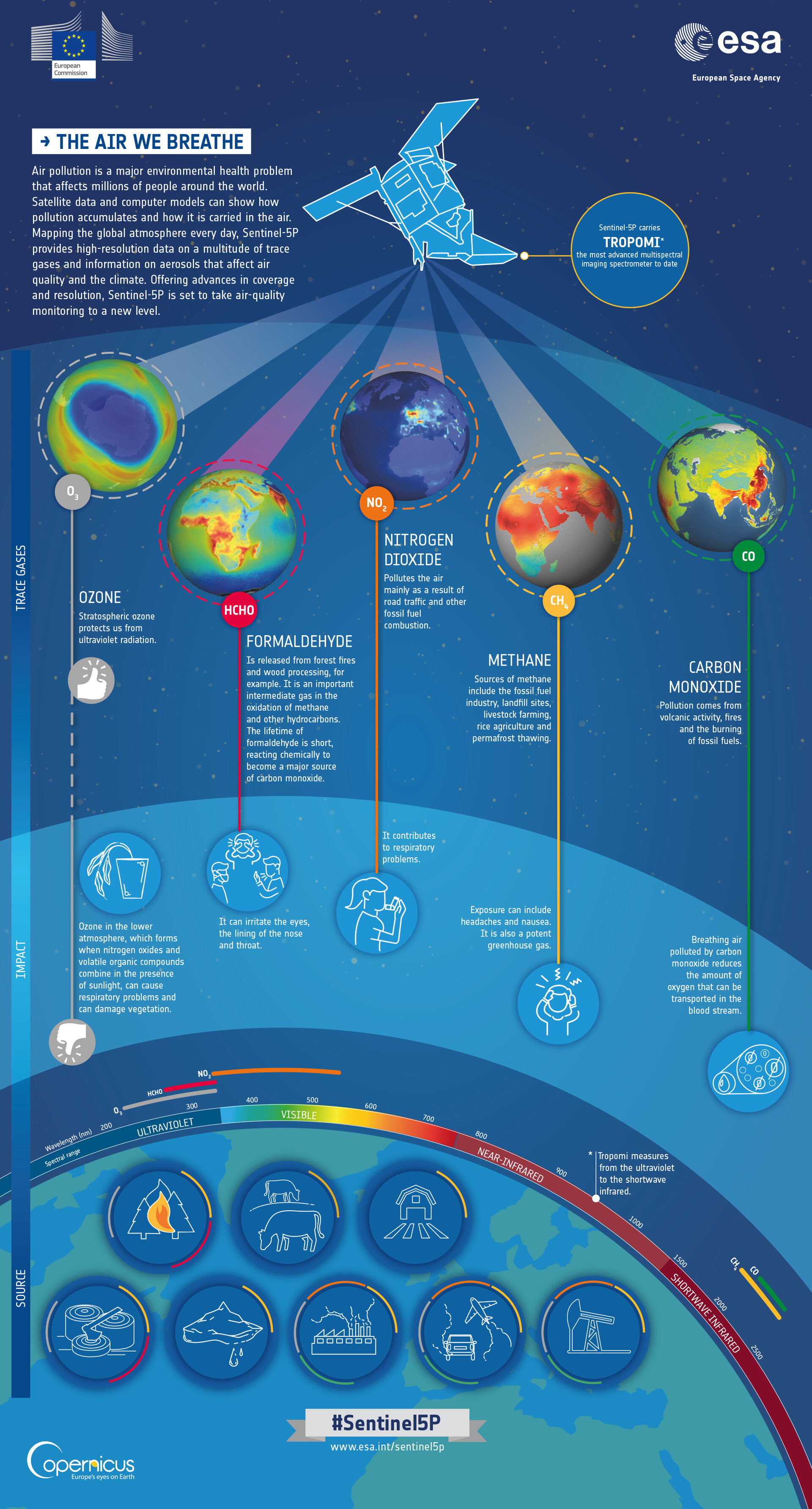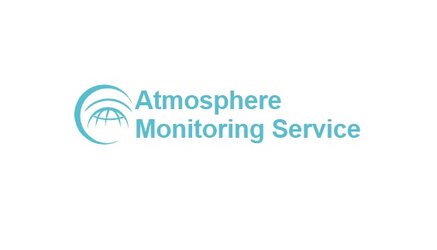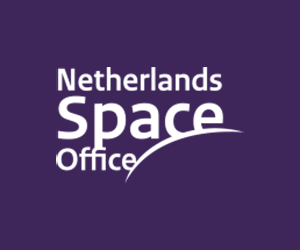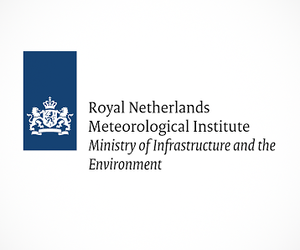Facts and figures
Launch: 13 October 2017
Launcher: Rockot from Plesetsk, Russia
Orbit: Polar, Sun-synchronous at altitude of 824 km and in flight formation with Suomi-NPP of US National Oceanic and Atmospheric Administration
Revisit time: Daily global coverage (13:30 local solar time)
Life: Minimum of seven years (carries consumables for 10 years)
Satellite: 3.35 m high, 5.63 m diameter and a mass of 820 kg (including 82 kg fuel)
Instrument: Tropospheric Monitoring Instrument (Tropomi)
Swath width of 2600 km covering bands in ultraviolet and visible (270–495 nm), near infrared (675–775 nm) and shortwave infrared (2305–2385 nm) at a spatial resolution as high as 7 km x 3.5 km
Receiving stations: Scientific data: transmitted to Svalbard (NO) and Inuvik (CA)
Telemetry data: transmitted to Kiruna (SE), Svalbard and Inuvik
Telecommand: from Kiruna
Data processing and dissemination: DLR German Aerospace Center
Main applications: To provide global information on a multitude of atmospheric trace gases, aerosols and cloud distributions affecting air quality and climate
Mission: Developed jointly by ESA and Netherlands Space Office, managed by ESA
Funding: ESA Member States, Netherlands Space Office and the EU
Prime contractors: Airbus Defence and Space UK & NL
















